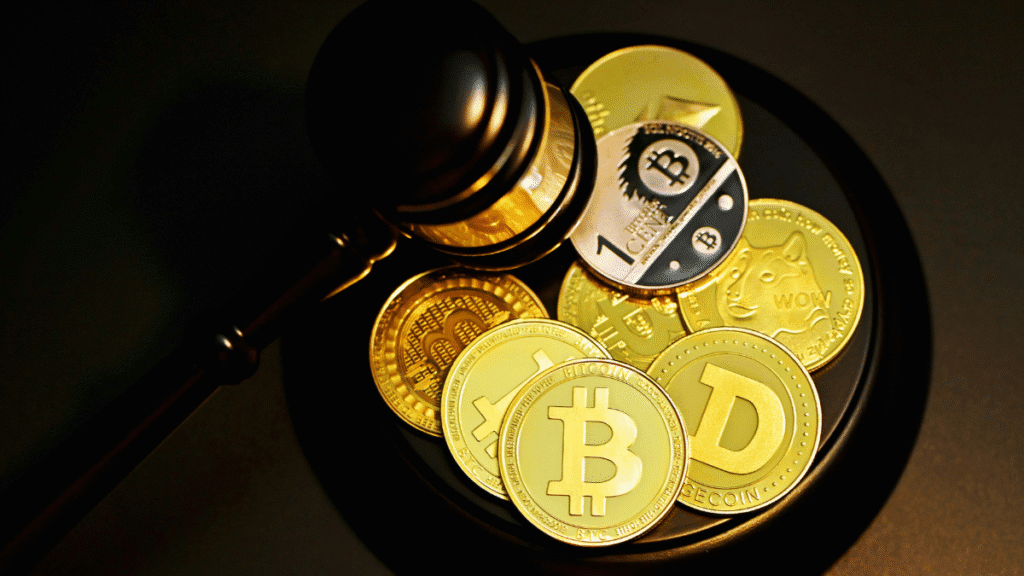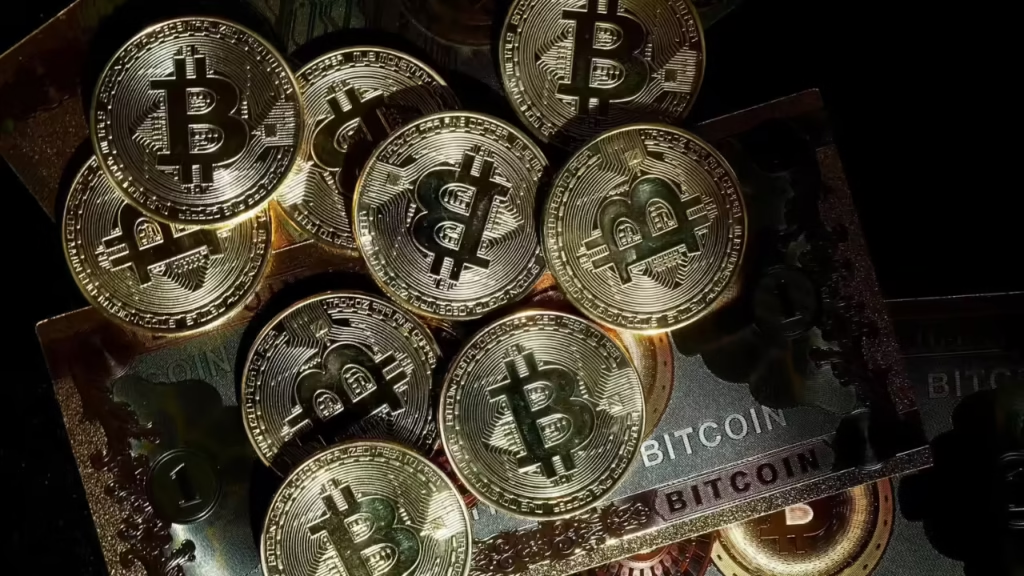Now Reading: From Property to Gold: How Blockchain Is Turning Real-World Assets into Digital Tokens
-
01
From Property to Gold: How Blockchain Is Turning Real-World Assets into Digital Tokens
From Property to Gold: How Blockchain Is Turning Real-World Assets into Digital Tokens

Imagine owning a slice of a commercial building in Mumbai or a gram of gold stored in London—without leaving your home or handling paperwork. This is what asset tokenisation makes possible. By using blockchain to digitise physical assets, tokenisation is quietly reshaping how people think about ownership, investment, and access. And it’s not just happening globally—India’s interest in this space is growing, especially in smaller cities exploring new investment models.
What Is Asset Tokenisation?
Asset tokenisation means converting rights to a real-world asset into a digital token on a blockchain. These tokens can represent anything—from real estate, art, and gold to stocks, bonds, or even carbon credits.
Instead of buying an entire flat, for example, an investor can buy a fraction of the tokenised asset. This opens up ownership to people who may not have had access to such assets before, lowering entry barriers and increasing liquidity.
Why Blockchain Is Key
The use of blockchain technology ensures that these tokens are secure, tamper-proof, and easily tradable. Every transaction is recorded on a distributed ledger, which increases transparency and trust.
Unlike traditional systems that require middlemen, heavy paperwork, and long processing times, blockchain makes transactions faster and more direct. This efficiency is one reason tokenisation is gaining attention among younger investors in Tier 2 cities like Nagpur, Bhopal, and Surat.
Indian Use Cases Are Taking Shape
Several Indian startups and platforms have started experimenting with tokenised real estate, gold, and art. These models are still in early stages, but the concept is attracting attention—especially among tech-savvy users who want more flexible ways to invest.
In places where access to large-scale investment opportunities was limited, tokenisation offers a digital gateway. And with RBI exploring blockchain-backed solutions, the groundwork for regulation and structure is being laid.
Challenges Still Exist
Tokenisation sounds promising, but it’s not without roadblocks. Legal frameworks around digital ownership are still evolving in India. There are also concerns around fraud, platform reliability, and market volatility.
For tokenisation to scale in India, especially beyond metro cities, there needs to be strong regulatory clarity, investor education, and reliable infrastructure.
Conclusion
Asset tokenisation is a game-changer in the making. By allowing fractional ownership of real-world assets through blockchain, it promises broader access and new forms of investment. While India is still early in this journey, the interest is real—and growing. For everyday investors and innovators alike, this is one space worth watching closely.

























